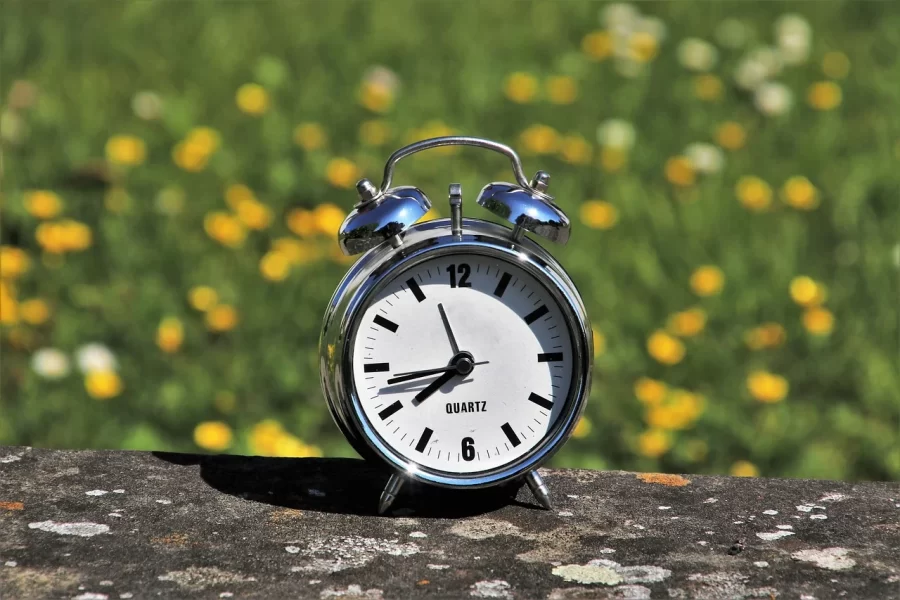U.S. Senate Unanimously Approves Bill to Make Daylight Savings Time Permanent
A permanent daylight savings time could impose several benefits according to the Senate. Image from Pixabay.
March 16, 2022
On Tuesday, March 15th, the U.S. Senate unanimously passed a bill that would make Daylight Saving Time permanent across the country, beginning in November of 2023.
Known as the Sunshine Protection Act, the bill earned 17 cosponsors from both the Democratic and Republican parties in the upper chamber. The bill still needs to pass the House and be signed into law by President Joe Biden, but if approved, it would mean that the U.S. would not have to fall back an hour every year in the fall, losing an hour of daylight in the afternoon during the fall and winter. However, this also means that early birds would lose an hour of daylight in the mornings of November, December, January, and February.
Senator Marco Rubio of Florida (R), a lead sponsor of the bill and a long-time proponent of making the clock change permanent, has cited numerous benefits to the Sunshine Protection Act, from more time for school sports to reduced seasonal affective disorder occurring in the late fall and early winter.
“There’s strong science behind it that is now showing and making people aware of the harm that clock switching has, there’s an increase in heart attacks, car accidents and pedestrian accidents,” he said on the Senate floor on Tuesday. He went on to add how crime, which typically occurs in the evening, would reduce because of increased light later in the day.
Rubio also argued how an extra hour of daylight in the afternoon would help kids limit excessive technology use, stating, “In a country we desperately want our kids outside, playing, doing sports, not just to sit in front of a TV playing video games all day. It gets tough in many parts of the country to be able to do that. What ends up happening is for the 16 weeks of the year, if you don’t have a park or outdoor facility with lights, you’re basically shut down at 5 p.m., in some cases 4 p.m.”
Green Level 9th grader Dhyana Patel agrees with his sentiments. “I frequently go out with my friends in the afternoon and evening, and I prefer having daylight for that. If more daylight in the evening is what will get kids outside and not on their electronics all the time, then this bill is a great strategy,” she said.
According to Rubio, if signed into law, the measure would not take effect until the following year in order to allow airlines and other transportation an adjustment period for the new schedule that the bill would implement.
A similar version of the bill was introduced in the House and referred to a subcommittee of the House Committee on Energy and Commerce in the previous month, with experts testifying before the committee calling upon lawmakers to enact the change.
Professor Steve Calandrillo of the University of Washington had reiterated Senator Rubio’s arguments regarding daylight in the evening, stating, “Simply put, darkness kills. And darkness in the evening is far deadlier than darkness in the morning…The evening rush hour is twice as fatal as the morning for various reasons — far more people are on the road, more alcohol is in drivers’ bloodstream, people are hurrying to get home, and more children are enjoying outdoor, unsupervised play.”
Another leading proponent of the Sunshine Protection Act, Washington Senator Patty Murray (D), called the time changes “a burden and a headache we don’t need.” She stated, “Any parent who has worked so hard to get a newborn or a toddler on a regular sleeping schedule understands the absolute chaos changing our clocks creates.”
While this is not the first time Daylight Saving Time has been challenged in the U.S., many speculate that the Senate may succeed in their endeavor due to the outdatedness of the practice and the numerous benefits that would result from a set time.







